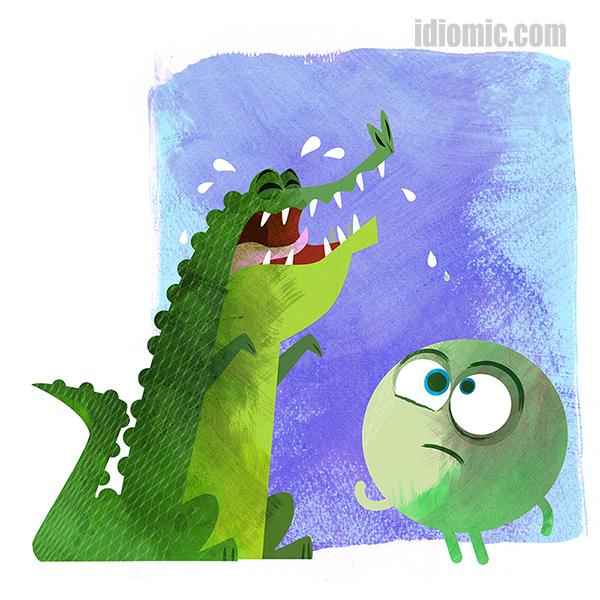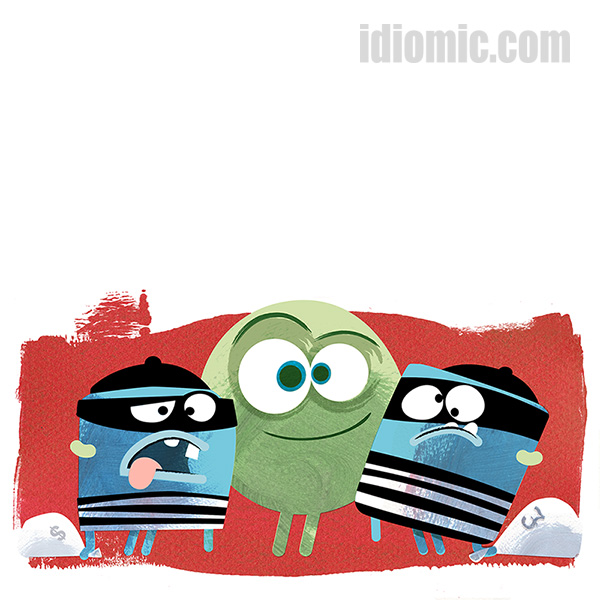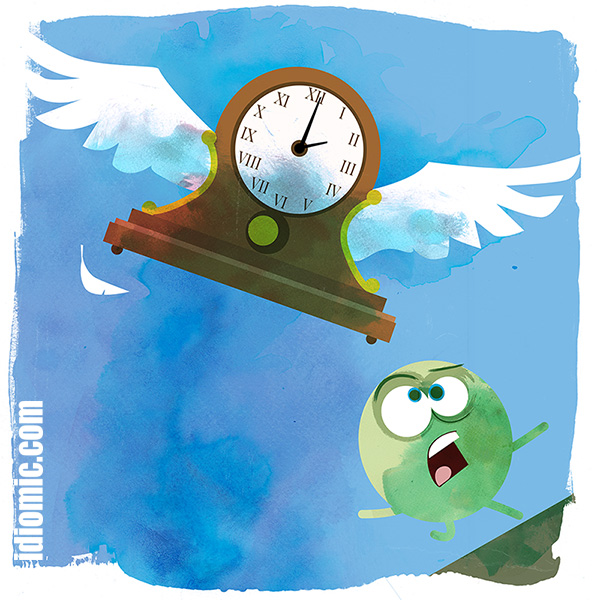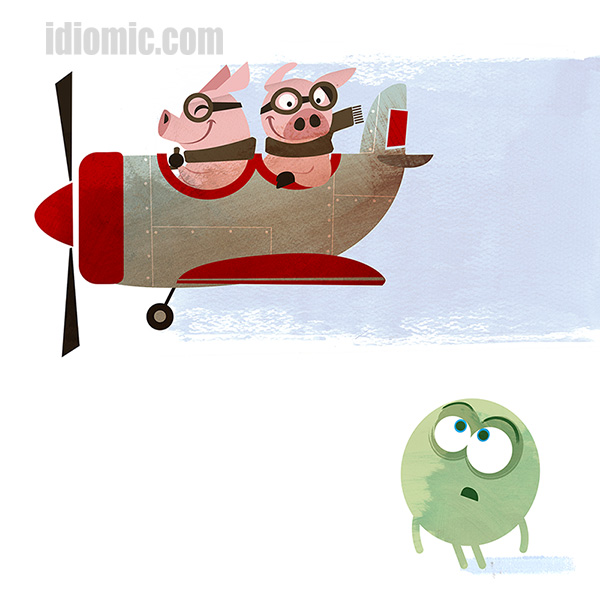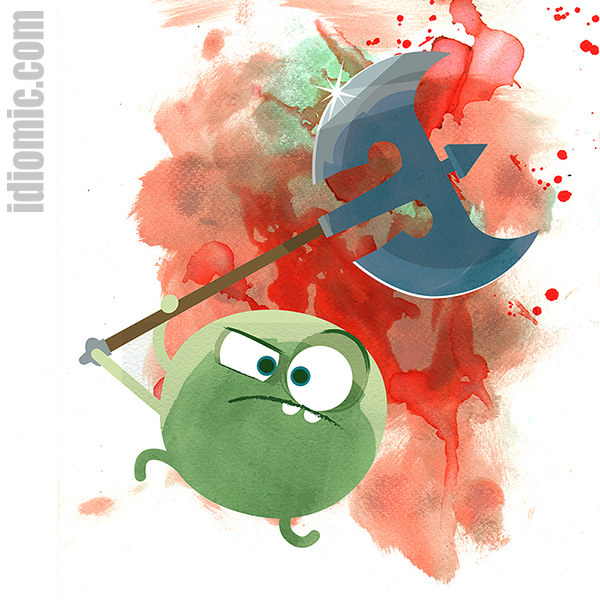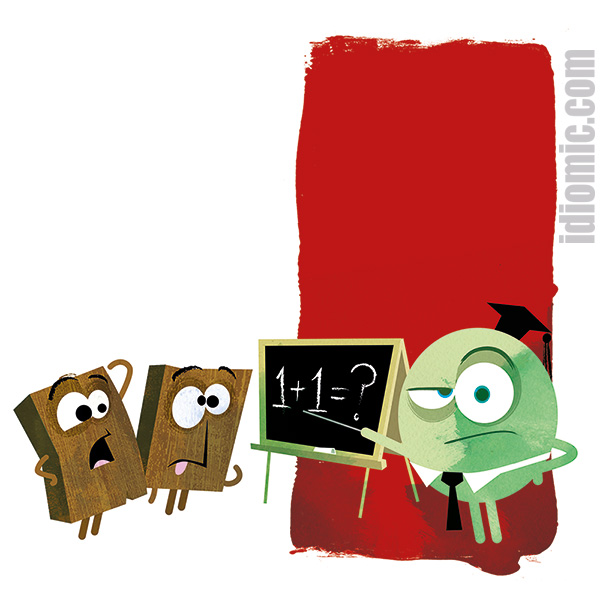Definition: Silliness or mischieviousness
Example: ‘Hey! You two! No more monkey business from either of you!’ Johnny and Jackie’s nanny was not enjoying being tied to a tree.
Origin:
People have been described in terms of animal traits for as long as pen has been put to paper. Foxes for slyness, lions for bravery, and monkeys, lots of monkeys. It seems fairly apparent why monkeys are equated with silly antics. But when and where did it enter the English language?
There do seem to be several theories:
- Firstly, it may be a by-product of the English colonial era in India. Bandrami is a Bengali term for naughty or reckless behaviour by children, child-like behaviour by adults, or monkey like gestures. It altered into the more literal ‘monkey business’ in the 1830s as it was absorbed into English..
- A second theory proposes that it grew out of a related phrase ‘monkeyshines‘ which meant disreputable behaviour, coined at about the same time in America. It was basically a racist taunt aimed at slaves.
- Lastly, perhaps it grew from an even earlier UK phrase ‘monkey tricks‘ used in the same way to describe foolish behaviour from children.
Never mind the origin, Iddy’s more concerned that he has found the reason for the recent problems on Wall Street.


